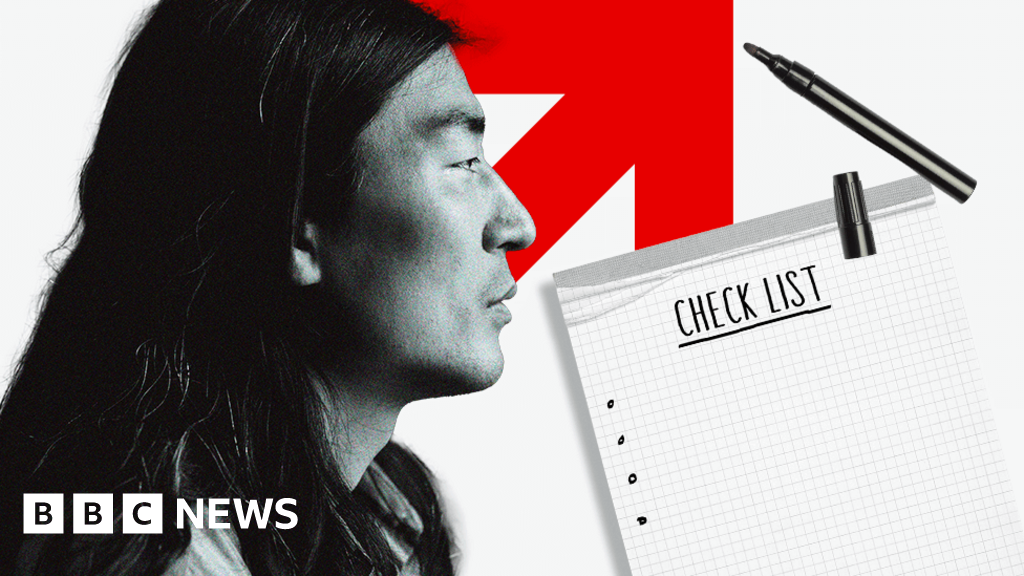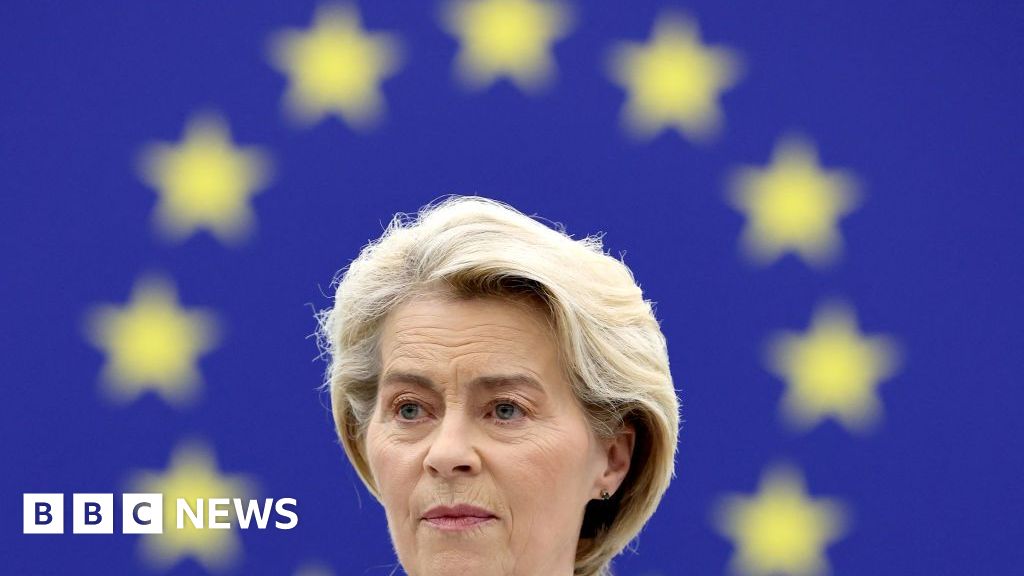Unlock the Editor’s Digest for free
Roula Khalaf, Editor of the FT, selects her favourite stories in this weekly newsletter.
EU leaders have endorsed a second five-year term for Ursula von der Leyen as European Commission president, although she failed to win the backing of Italy, the bloc’s third largest member state.
A majority of leaders at a Brussels summit on Thursday night agreed to von der Leyen remaining in post, alongside choosing former Portuguese prime minister António Costa as the next EU Council president, who chairs meetings of the 27 heads of government, and Estonian Prime Minister Kaja Kallas as the bloc’s next chief diplomat.
Italian Prime Minister Giorgia Meloni abstained, rather than supporting von der Leyen. Hungarian premier Viktor Orbán voted against.
Meloni’s stance came after she voiced her discontent that the three key appointments had been proposed in a private gathering of six EU leaders last week that excluded her and her hard-right political grouping, which performed strongly in this month’s European parliament elections.
Meloni said the appointment process was “wrong in method and substance”.
“I decided not to support it out of respect for the citizens and the indications that came from them in the elections,” she added. “We continue to work to finally give Italy the weight it deserves in Europe.”
Supported by Europe’s largest centrist parties, von der Leyen had been expected to remain commission president, as EU capitals preferred continuity over change given the turmoil buffeting the continent due to the war in Ukraine, tensions with China and political uncertainty in some of the bloc’s key member states.
“Kaja, Ursula and Antonio accepted,” said Donald Tusk, Poland’s prime minister. “Satisfaction. For Poland and for Europe.”
Olaf Scholz, German chancellor, said the agreement on the EU appointments was “an important signal. With them we can make good and quick progress”.
Von der Leyen must now win a majority in the European parliament to secure her second term as head of the commission. A vote is scheduled to take place in the week of July 15.
A coalition of von der Leyen’s centre-right European People’s party, the Socialists and Democrats, and the liberal Renew Group have about 410 seats in the 720-strong chamber.
But because of potential defections in the secret ballot of MEPs, she could also need some votes from Meloni’s European Conservatives and Reformists group, which came third in the European parliament elections.
The Greens are also a possible source of support for von der Leyen, but are likely to demand strong commitments on the EU’s ambitious climate plans.
Credit: Source link











